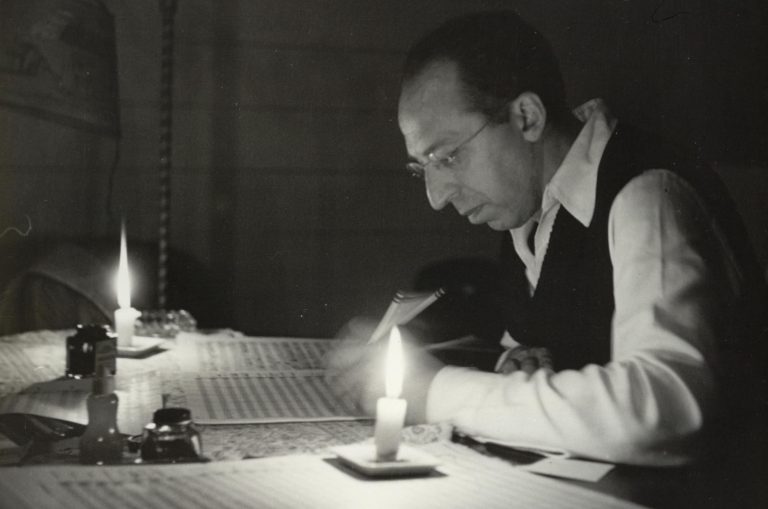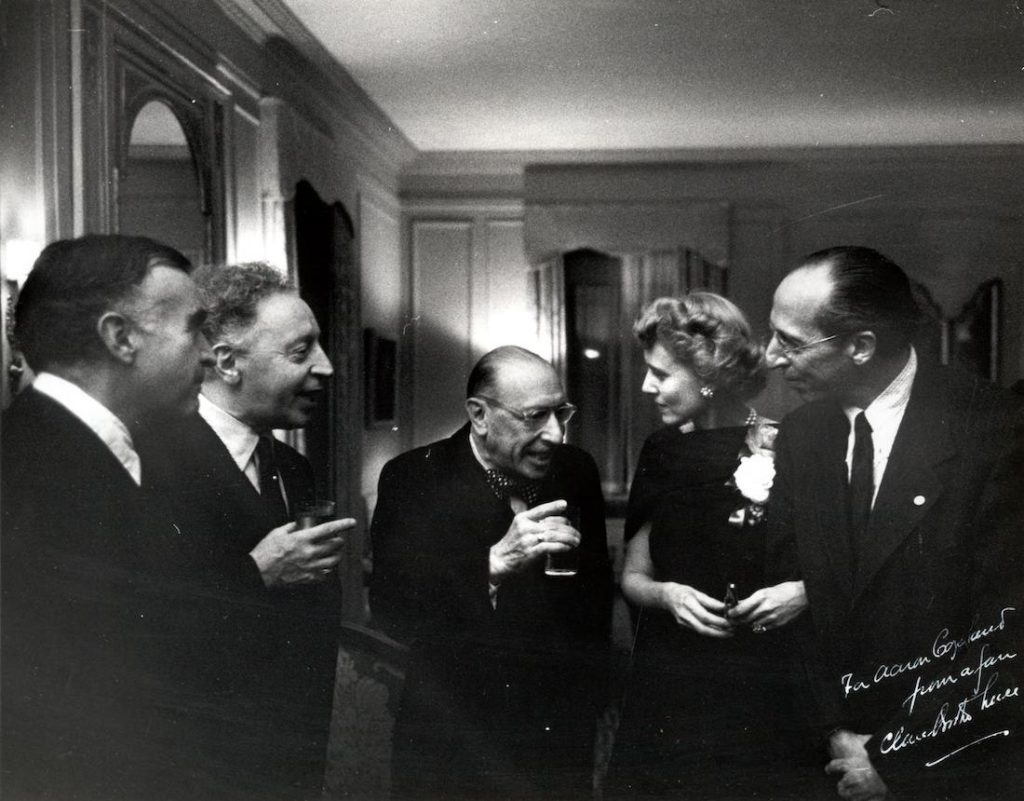
Aaron Copland’s legacy is a harmonious blend of innovation, advocacy, and education, making him a true maestro who not only harmonized America but also resonated with the world. His life and work continue to inspire us, reminding us of the transformative power of music and the arts.
New York, N.Y. As we reflect on the life and legacy of Aaron Copland, we find ourselves in awe of a man whose music not only shaped American culture but also resonated globally. Born on November 14, 1900, Aaron Copland emerged as a pioneering force in the world of classical music, earning his place as a thought leader and global citizen through his innovative compositions and dedication to education.
Early Life and Influences
Growing up in an Orthodox Jewish family in Brooklyn, New York, Copland was surrounded by a rich tapestry of cultural influences. His early exposure to music came from his mother, who played piano, and his older sister, who took lessons. This familial environment nurtured his burgeoning interest in music, and by the age of 15, he had decided to become a composer. Copland’s early education in music included studying under the tutelage of Rubin Goldmark, a prominent New York composer and teacher.
A Journey of Musical Innovation
Aaron Copland’s journey took a significant turn when he traveled to Paris in the 1920s to study with the legendary Nadia Boulanger. This period was transformative for Copland, exposing him to the avant-garde and the broader European musical landscape. Under Boulanger’s mentorship, Copland developed a unique compositional voice that would later define American classical music.
Returning to the United States, Copland began to weave elements of jazz, folk, and American themes into his compositions. Works such as “Appalachian Spring,” “Rodeo,” and “Billy the Kid” became emblematic of his style, capturing the spirit of America in sound. His ability to blend classical forms with American folk traditions created a new, distinctly American voice in classical music.

Impact on American Culture
Copland’s contributions went beyond composition; he was a tireless advocate for the arts in America. Through his involvement with organizations like the American Composers Alliance and the League of Composers, he championed the works of his contemporaries and supported the growth of American music. His influence extended into the realm of education, where he played a pivotal role in nurturing the next generation of musicians and composers.
One of Copland’s most significant contributions was his ability to make classical music accessible to broader audiences. His “Fanfare for the Common Man,” inspired by a speech from Vice President Henry A. Wallace, became an anthem of hope and resilience during World War II. This piece, like many others, showcased Copland’s talent for creating music that was both profound and approachable, resonating with listeners across different backgrounds.
Global Citizenship and Legacy
Aaron Copland’s impact was not confined to the United States; his music found an international audience, and his role as a cultural ambassador helped bridge gaps between nations. He frequently traveled abroad, sharing his knowledge and compositions, and fostering cultural exchange. His global influence was recognized with numerous awards, including the Presidential Medal of Freedom in 1964.
As thought leaders and global citizens, we recognize Copland’s legacy in fostering a greater appreciation for cultural diversity through music. His works continue to be performed worldwide, inspiring new generations of musicians and listeners. His commitment to artistic excellence and cultural dialogue exemplifies the power of the arts to unite and uplift.
Continuing the Legacy
In celebrating Aaron Copland’s life, we are reminded of the importance of innovation, education, and cultural exchange. His music serves as a testament to the rich tapestry of American culture and the potential for the arts to influence and inspire globally. As we listen to his compositions, we are transported through time and space, experiencing the universal themes of hope, struggle, and triumph that define the human experience.
Copland’s dedication to his craft and his efforts to make music accessible to all continue to inspire us. His work as an educator and advocate for the arts remains a guiding light for those who seek to enrich their communities through culture and creativity.
Aaron Copland: The Maestro Who Harmonized America (July 15, 2014)